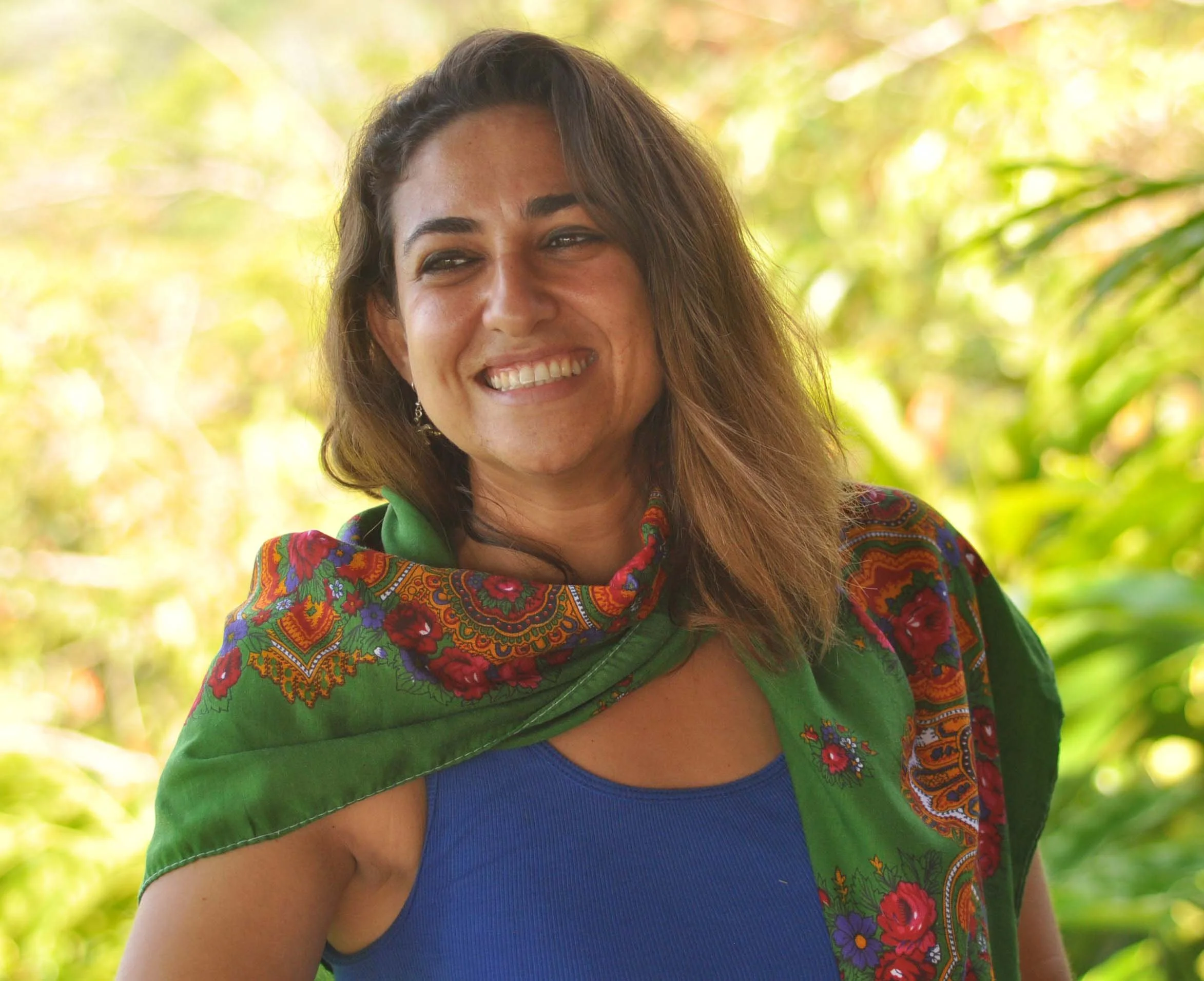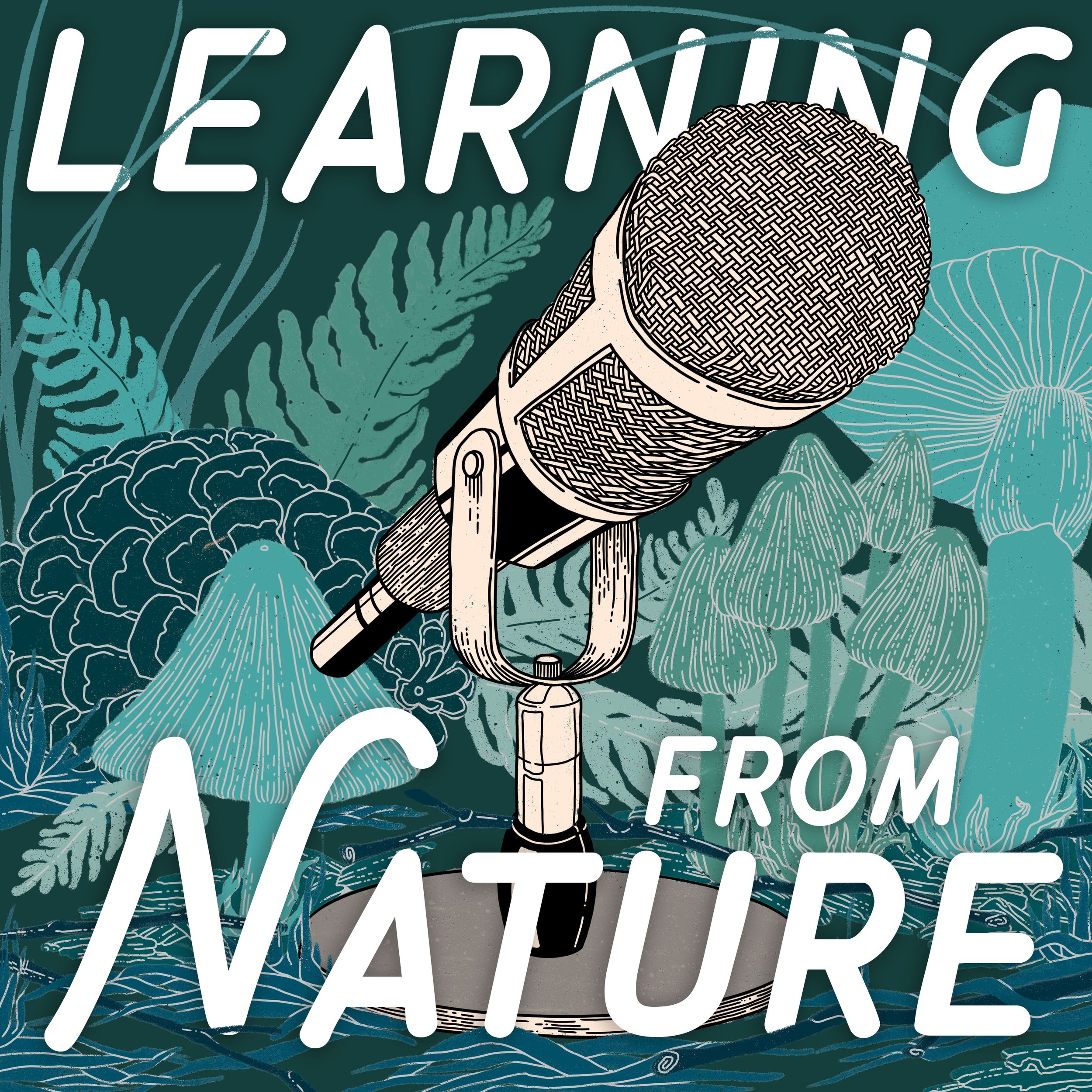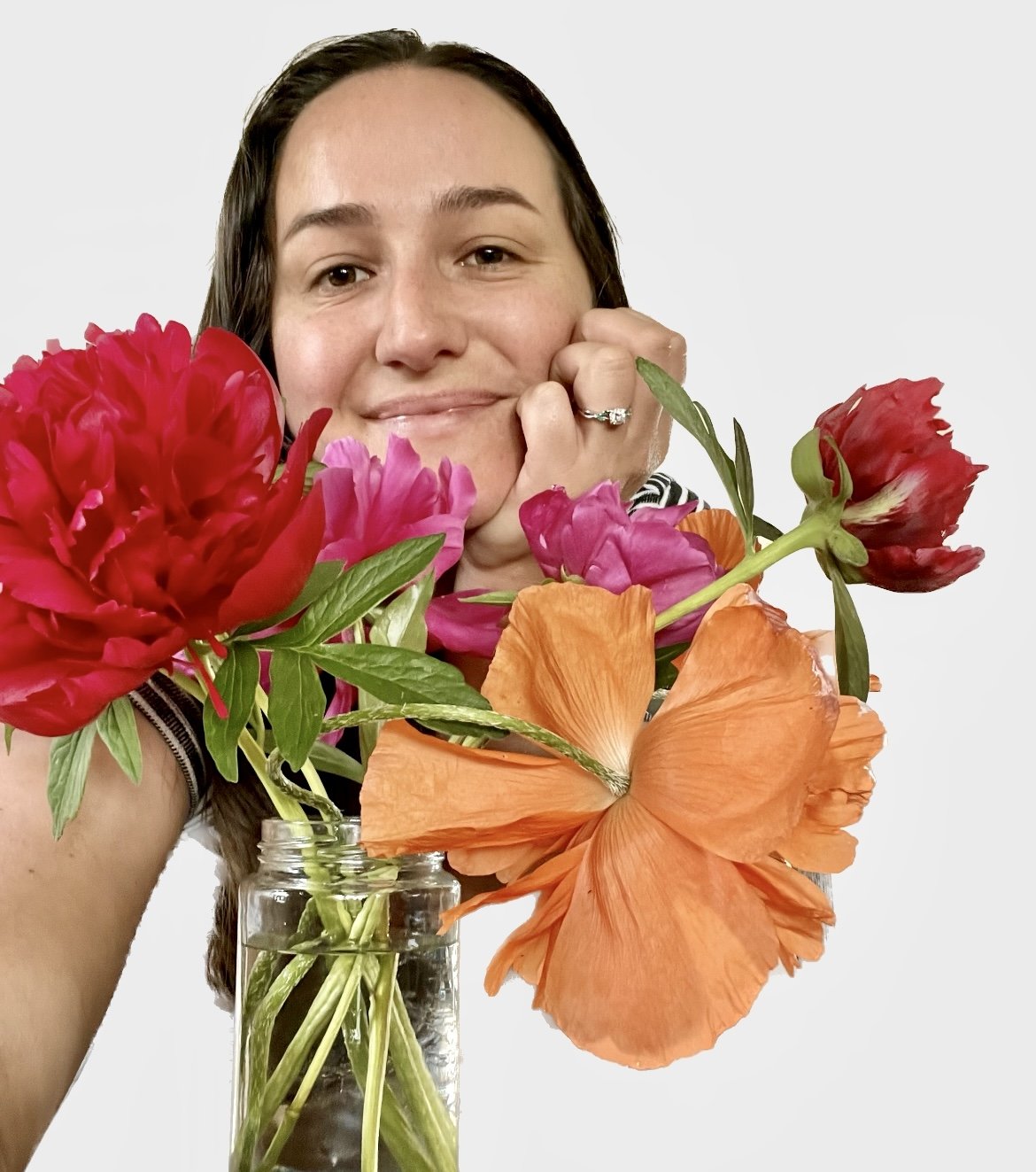Speaker: Dayna Baumeister and Melissa K Nelson | Air Date: November 30, 2023 | Run Time: 60 mins | Season 4
Cover art by John Jairo Valencia
Knowledge Symbiosis with Dayna Baumeister and Melissa K Nelson Part 2
In this second episode of the limited series Knowledge Symbiosis: Can Biomimicry and Indigenous Science Harmonize?, Dayna Baumeister and Melissa K Nelson continue their conversation, hosted by Sara El-Sayed, exploring the common ground and mapping the divergences between Indigenous science and biomimicry. They dive into the nature of biomimicry and Indigenous knowledges and how they are often misconstrued by non-practitioners; potential ethical limits to seeking knowledge; and an ethical space of engagement for biomimicry practitioners and Indigenous knowledge-holders.
Series Synopsis
This limited series, Knowledge Symbiosis: Can Biomimicry and Indigenous Science Harmonize?, is produced by The Cultural Conservancy’s Native Seed Pod in collaboration with Arizona State University and Learning From Nature: The Biomimicry Podcast. We invite dialogue from multiple perspectives—practitioners in biomimicry, and elders, practitioners, and Indigenous scholars—so we might better understand each other and explore opportunities to weave these learnings. These conversations delve into the ethics of science, human-nature connection, regenerative design, and our relationship to all other kin on this planet. Five episodes will be available on The Native Seed Pod and Learning From Nature: The Biomimicry Podcast for listeners to tune in and reflect. The episodes are hosted in rotation by Dr. Melissa K Nelson, Dr. Sara El-Sayed, and Lily Urmann, and feature conversations between Kim Tall Bear, Janine Benyus, Dayna Baumeister, PennElys Droz, Maibritt Pederson, Anne LaForti, and Roxanne Swentzell.
“Quiet your cleverness. Come at this from a place of curiosity—that’s a guiding practice for any successful biomimic—which includes setting ego aside, setting aside this notion that you have all the answers.”
About Dr. Dayna Baumeister
Dr. Dayna Baumeister is Co-founder of Biomimicry 3.8 and Co-director of the Biomimicry Center at Arizona State University. With a devotion to applied natural history and a passion for sharing the genius of nature, Dayna has worked in the field of biomimicry with business partner Janine Benyus since 1998, traveling the world as a biomimicry thought-leader, business consultant, and professor. Together they founded the Biomimicry Guild consulting practice, The Biomimicry Institute 501c3, and in 2010, Biomimicry 3.8, a B-Corp social enterprise that helps clients find innovation inspired by nature and offers the highest level of biomimicry training to professionals worldwide. She also co-founded the Biomimicry Center at Arizona State University, offering the first entire programs in biomimicry, including a master's of science and an undergraduate certificate.
Dayna’s foundational work has been critical to the biomimicry movement, establishing it as a fresh and innovative practice and a philosophy to meet the world’s sustainability challenges. Dayna serves as the director of ASU’s Biomimicry Center graduate programs, and a Professor of Practice in the School of Complex Adaptive Systems at ASU. She also is a regular guest instructor for the Harvard Executive Education in Sustainability Leadership. Dayna is the senior editor of Biomimicry Resource Handbook: A Seed Bank of Knowledge and Best Practices (2014), where she compiled more than a decade’s worth of practical biomimicry experience into one comprehensive biomimicry handbook. She serves on the Board of Biomimicry for Social Innovation, and is also a Dana Meadows Fellow of the Sustainability Institute.
About Melissa Nelson
Melissa K. Nelson, Ph.D. is an award-winning ecologist, writer, media-maker, and Indigenous scholar-activist. For over 30 years she has been dedicated to Indigenous rights and revitalization and the protection of Native lands and food sovereignty. Melissa is a professor of Indigenous Sustainability at Arizona State University and professor emerita of American Indian Studies at San Francisco State University. She is board chair of The Cultural Conservancy, an Indigenous rights organization, which she directed as a founding executive director and CEO from 1993 - 2021. Melissa is the co-producer and photographer of the award-winning documentary film, The Salt Song Trail: Bringing Creation Back Together, and has co-produced several other documentary short films with The Cultural Conservancy, the Native American Academy, and Philomath Films. She was a writer and host for the PBS website and documentary film, Circle of Stories, and consultant on the award-winning IMAX film, Into American’s Wild. She has co-produced several audio recordings, including Songscapes of Native America, Profiles of Native American Food Revitalization (with Slow Food USA), Red Earth Rising (with Canyon Records) and Sounds of Belonging (with ASU). In 2018 she co-founded the Native Seed Pod podcast and serves as its primary host and writer. Melissa has also edited and contributed to three anthologies focused on Indigenous ecological knowledges. She is Anishinaabe/Cree/Métis/Norwegian, a proud member of the Turtle Mountain band of Chippewa Indians.
About Sara El-Sayed
Sara El-Sayed has a joint position as the Co-Director of the Biomimicry Center and Assistant Research Professor at the Swette Center for Sustainable Food Systems. El-Sayed has a doctorate in food system sustainability, specifically on regenerative food practices in arid regions, and a master's in Biomimicry, both from ASU. She also has a Biomimicry Professional Certificate from Biomimicry 3.8. She held a postdoctoral position at the School for Future Innovation and Society, in Public Interest Technology. Her research interests include exploring ways to have more regenerative and net-positive local food systems, and she is currently involved in the local Arizona food space. Previously she worked as a researcher in Biomimicry and microbial geographies. She is the co-founder of several enterprises in Egypt. Nawaya is a social enterprise working as a catalyst to transition small-scale farmer communities into more sustainable ones through education and research. Dayma is an LLC responsible for outdoor Environmental Education, teaching young adults about Biomimicry and local Egyptian communities. Clayola is an LLC producing low-tech irrigation systems. She is an avid traveler, nature lover, and enjoys tasting foods, cooking and interacting with people through food experiences. Sara is on the board of Slow Food, an international movement that started in Italy aiming to safeguard local food cultures and traditions and does so by promoting Good, Clean, and Fair food for all. Sara has also worked on other podcasts including a series on regenerative food systems.
Melissa K Nelson rows a traditional California Native tule reed boat
CREDITS
Host/Writer/Director: Melissa Nelson, Sara El-Sayed, Lily Urmann
Producers: Mateo Hinojosa, Sara Moncada
Co-producer: Raven Marshall
Audio Engineering: Colin Farish
Audio Recording: Melissa Nelson, Raven Marshall, Alexis Stanley
Episode cover artwork: John Jairo Valencia
Original Soundscapes and Songs
Soundscapes and Music Composed and Produced by Colin Farish
Vocals by Eddie Madril
Listen to more of Colin’s music at colinfarish.com
Song credits
Theme song: “Life’ By Colin Farish
From the album Colin Farish: “Curious Species”
Featuring:
piano: Colin Farish
percussion: Airto Moreira
guitar: Peter Medlam
bass: Chas Thompson
Featuring:
piano, guitar, percussion, synths, samples, and flutes: Colin Farish
voice: Capomo
piano: Jasnam Daya Singh
cello quartet: Fog Town Four
violin: Jeremy Cohen
guitar: Christen Konopka
flute & percussion: Jhaffur Kahn
beat-boxing, drums: Cameron Campbell
Featuring:
voice: Ava Nichol Francis
shakers: Glen Velez
This episode is being co-broadcast with Learning from Nature: The Biomimicry Podcast with Lily Urmann










